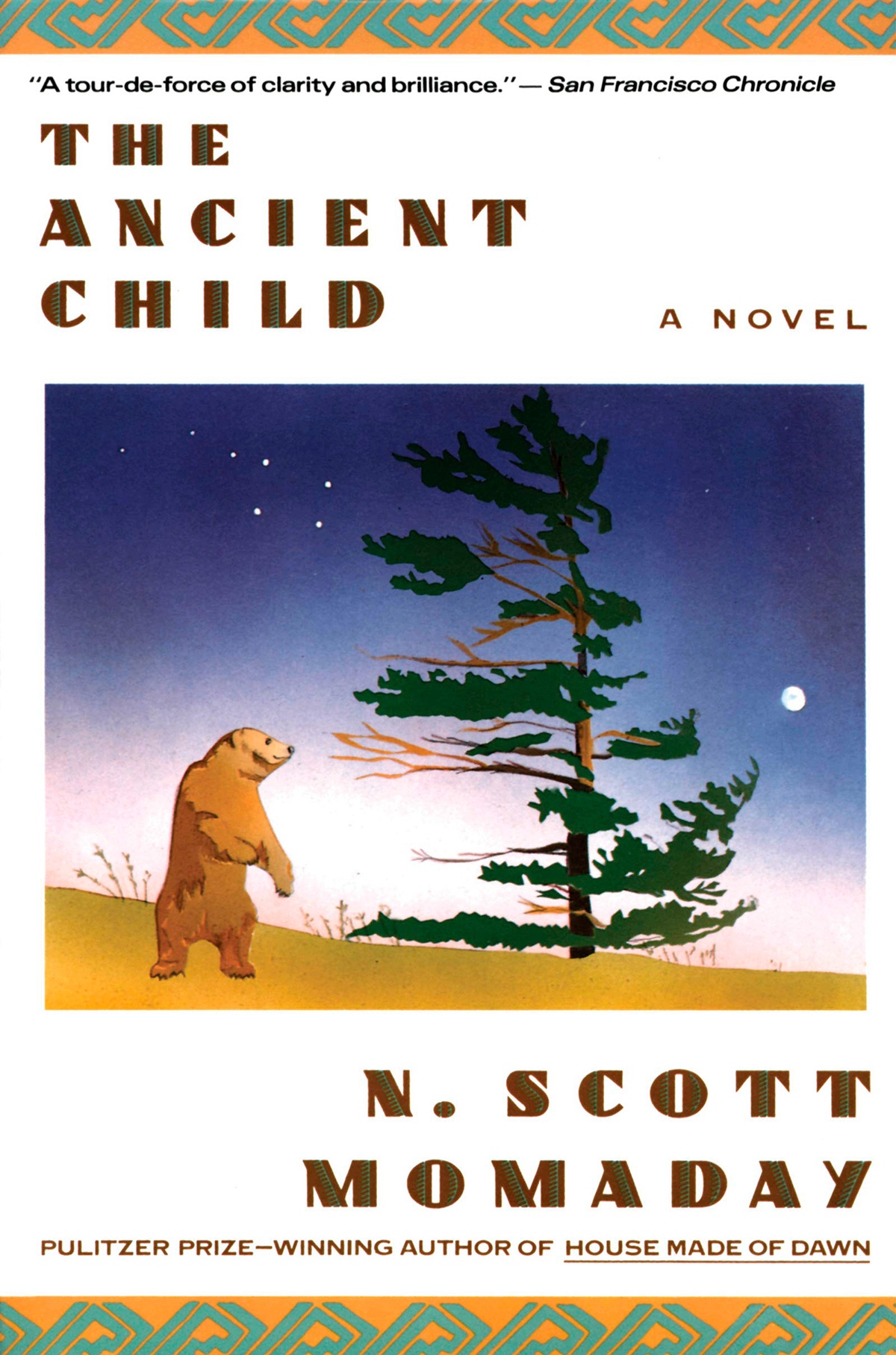Inspiration
N. Scott Momaday
Feb 27, 1934 -
Author
N. Scott Momaday's Inspiration
There are events in life that, in retrospect, hold as pivotal moments of personal growth and understanding. If you're lucky, those "events" are repeatable as barometers of the desired progression (or regression) of one's own life. The discovery of N. Scott Momaday's and his writings holds this rarified air for me. Momaday's main works, both "The Ancient Child" and his pulitzer prize winning first novel, "House Made of Dawn" paint landscapes of poetic prose, fantasy, and history, all mixed with didactic characters whose journeys into madness are both metaphors for the tragic plight of Native Americans and our own estrangement from the natural world. The latter is a theme that coursed through my life then and still does today.
Momaday's vision and insight resonated with my younger self's growing sensibilities about art, life, and the profound power of place. With "The Ancient Child" his prose cut such profound truths and awakenings in me, I realized the book would be a barometer I would return to for many years to come. I have since, reread the work every 5-7 years and always find new meaning and insight, a testament to the broad power of the work.
About N. Scott Momaday
Navarre Scott Momaday is a Native American author of novels, short stories, essays and poetry. Born a Kiowa Indian, Momaday spent much of his youth on an Arizona reservation which allowed him to experience the rich traditions of the Kiowa, Navajo, Apache and Pueblo tribes. After receiving a Ph.D. in Literature from Stanford University in 1963, Momaday’s first novel House Made of Dawn was published in 1968. Using strong imagery and poetic prose, the novel was awarded the Pulitzer Prize for Fiction in 1969. This event led to the breakthrough of Native American literature into mainstream American literature and was the first novel of what would later be called the “Native American Rennaissance”.

One of my life marker books.
Art is affirmation.